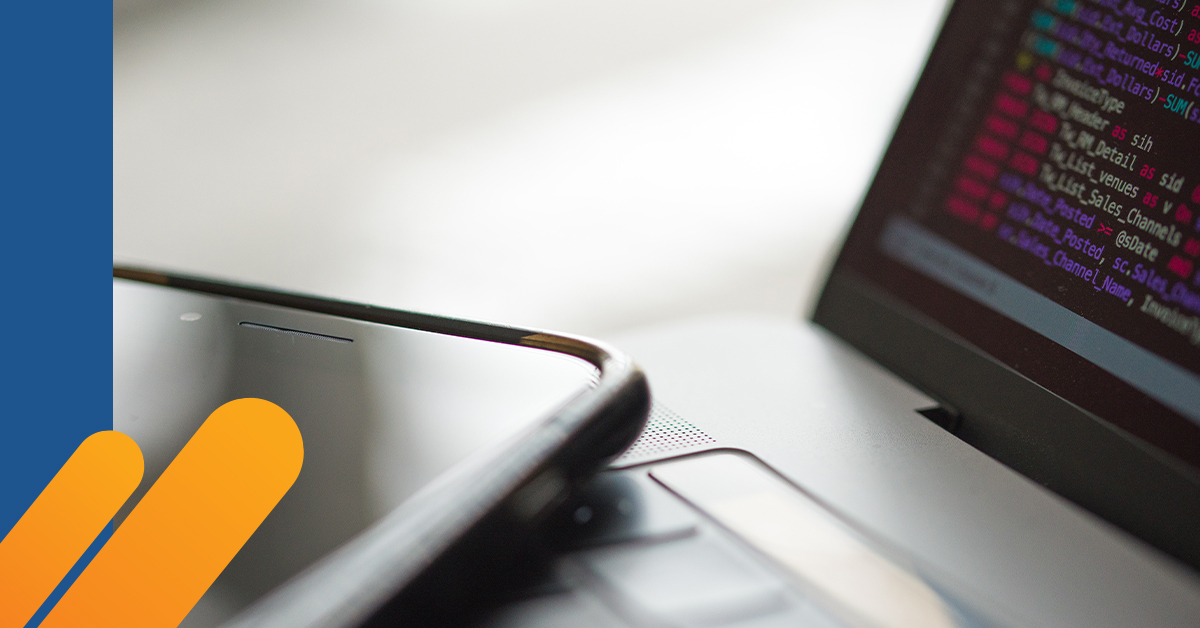The pandemic has created a rise in remote work, online shopping, and people becoming more digitally connected than ever. While these trends can be seen as positive changes, there is also a lot of potential for negative impact.
The biggest issue being that cyberattacks have since skyrocketed. Cybercriminals have taken this opportunity to up their attacks, both in frequency and scope.
SMBs (small to medium-sized businesses) are particularly vulnerable to cybercrime, often suffering devastating losses from lax security. Why? Because small businesses tend to lack the resources and security expertise needed to secure a network. This article highlights current strategies working for SMBs and practical guidance to immediately better your security posture:
Know Your Risk
It isn’t always about how sensitive or important the data is to somebody else. It’s cybercriminals’ knowledge that without data or systems, your business can’t function and therefore the cybercriminal has the leverage to demand a ransom payment. Another emerging trend is that once the payment is extracted, cybercriminals release your data regardless, so preventing these attacks is becoming increasingly important.
SMBs should analyze their data by looking at the following questions from the hacker's point of view:
- What is my data worth from a social perspective?
- What is my data worth from a financial perspective?
- What is the ease of obtaining my data?
Knowing your risk, and knowing what data you need to protect are crucial first steps to mounting the right type of defense. Once SMB’s know the risk of a cybersecurity attack on their business, (think social, financial, etc) above, you can now start to plan and take security steps for the future:
Empower employees
Your team members should be empowered to speak up. They are the users of the system and will be the targets of such attacks and will see the patterns and trends on the frontline. Fostering a culture of dialog or having a standard reporting process for such security concerns builds a stronger organization.
Plan for loss
"Nothing works" is seldom planned for. Do you know how long and to what extent your business could function without its data or business systems available? A great way to approach this is to plan for different levels of loss (1 day, 1 week, 1 month). Doing so will help you to organize and prepare your security efforts by seeing the impact that different levels of downtime will have on your business.
Hire a professional team
What complicates things for SMB's, even more, is that they don't have the need or means to retain full-time IT staff. That is why learning the best ways to protect you and your company's data is so critical nowadays and working with cybersecurity professionals is more important than ever. To ensure business continuity, SMBs need to work with partners that can help them navigate this complex process.
The pandemic is having many lasting effects. One of those is that we now know how vital cybersecurity is, especially in times when we are more vulnerable. To mitigate risks, SMBs must develop a strategy to improve their cybersecurity posture. Investment in cybersecurity can often feel like a daunting task for SMBs but it's not something that can be overlooked.
For help assessing the security and efficiency of your business technology, contact Connecting Point.



You must be logged in to post a comment.